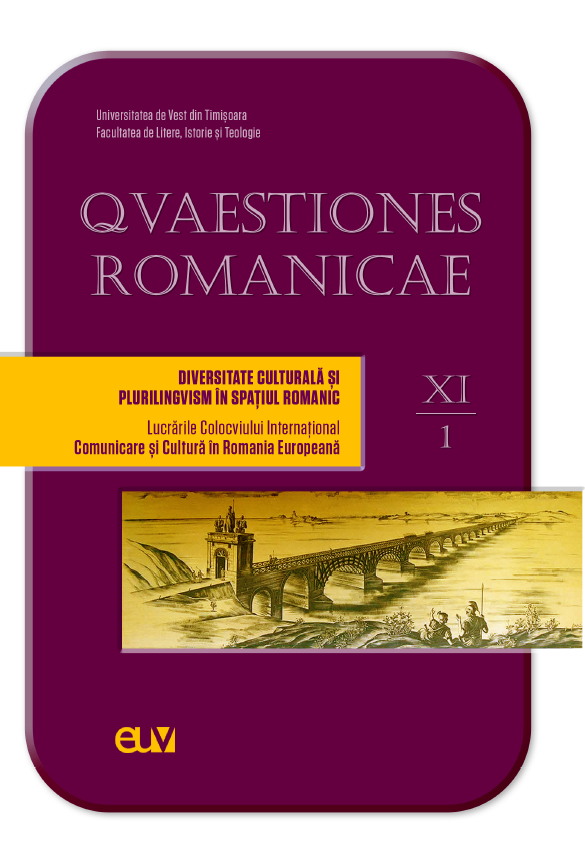“La Sinagoga degli zingari” di Ben Pastor, un giallo storico multiculturale
Abstract: (“The Gipsy Synagogue” by Ben Pastor, a Multicultural Historical Crime Novel) Italian writer with US citizenship, the author who signs with the pseudonym Ben Pastor, writes her novels in English and has them translated into Italian by professional translators. Her bilingualism is completed by an interest in history which also presupposes the study of different nations. Her protagonist, Martin von Bora, is an investigator for the German army's secret service during the Second World War, speaks various languages and participates in various military campaigns, coming into contact with allies and enemies of different nations. The action of The Gypsy Synagogue takes place during the best-known moment of the conflict in Russia, the battle of Stalingrad. The German officer must solve the mystery of the assassination of a couple of Romanian scientists and therefore his investigation leads him into contact with German, Romanian, Russian, Hungarian and Italian soldiers and politicians. This present paper analyses the way in which the various nations part of the military conflict are presented in the novel. Even if there famous stereotypes about the nations to which the characters belong are present (Italians, for example, are called “spaghetti-eaters” by the Germans), the author uses them to make fun of the simplistic and often wrong perception of other nations, underlining both their true particularities and the universality of the human being.
Keywords: Second World War, Martin Bora, Stalingrad, multinational environment, multilingualism.
Riassunto: Italiana stabilita negli Stati Uniti, l’autrice, che firma con lo pseudonimo di Ben Pastor, scrive i suoi romanzi in lingua inglese e li fa tradurre in italiano da traduttori professionisti. Al bilinguismo dell’autrice si aggiunge l’interesse per la storia che presuppone anche lo studio di nazioni diverse. Il suo protagonista, Martin von Bora, è investigatore del servizio segreto dell’esercito tedesco durante la Seconda Guerra Mondiale, parla varie lingue e partecipa a varie campagne militari, entrando in contatto con alleati e nemici di nazioni diverse. L’azione de La Sinagoga degli Zingari si svolge durante il momento più noto del conflitto in Russia, la battaglia di Stalingrado. L’ufficiale tedesco deve risolvere il mistero dell’uccisione di una coppia di scienziati rumeni e perciò la sua investigazione lo porta a entrare in contatto con militari e politici tedeschi, rumeni, russi, ungheresi e italiani. Il presente lavoro analizza il modo in cui sono presentati nel romanzo le varie nazioni partecipanti al conflitto militare. Anche se vi sono presenti alcuni famosi stereotipi sulle nazioni di appartenenza dei personaggi (gli italiani, per esempio, sono chiamati dai tedeschi “mangiaspaghetti”), l’autrice li usa per ironizzare la percezione semplicista e spesso sbagliata delle altre nazioni, sottolineando sia le loro vere particolarità sia l’universalità dell’essere umano.
Parole-chiave: Seconda Guerra Mondiale, Martin Bora, Stalingrado, ambiente multinazionale, multilinguismo.
